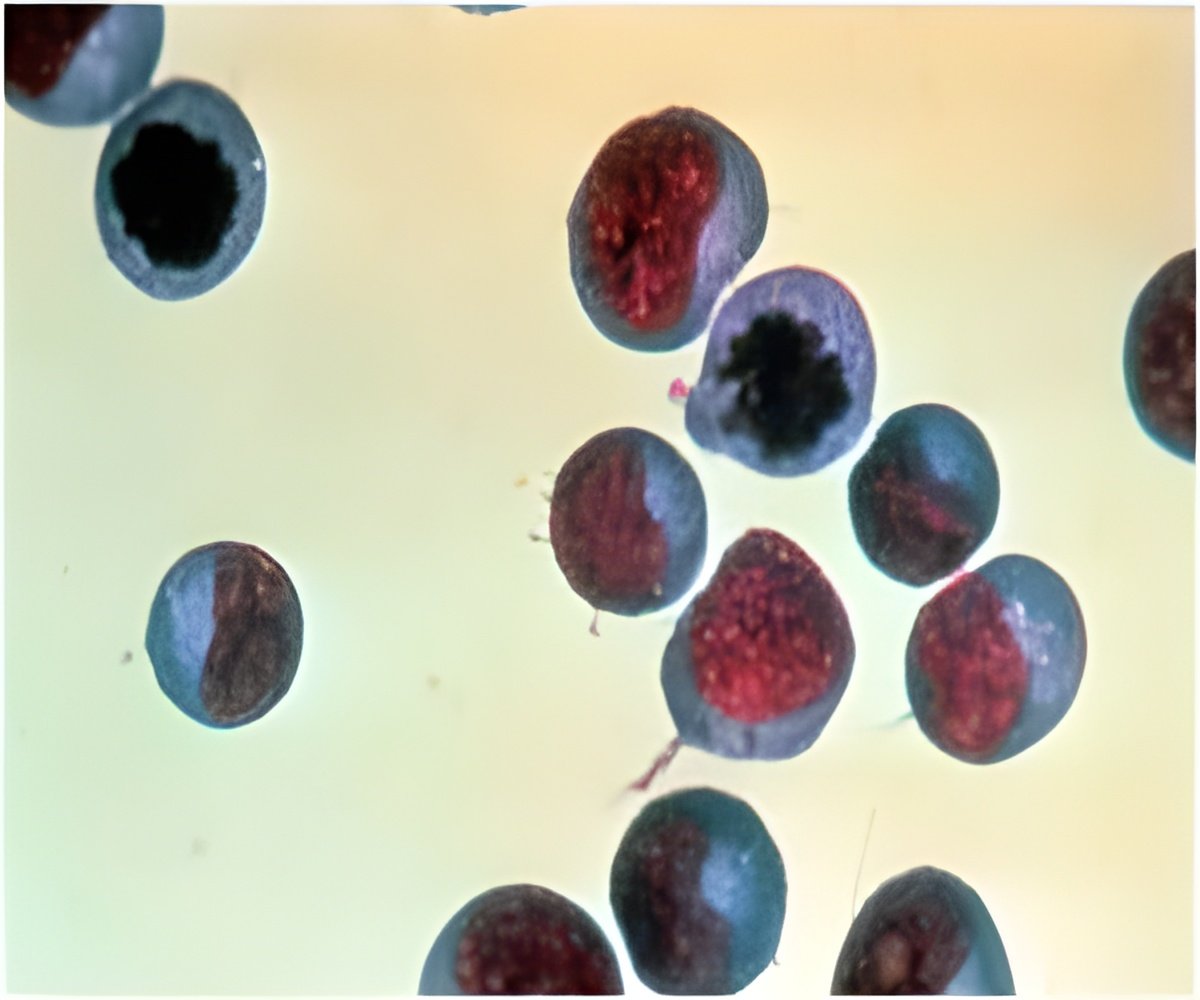Previous research has shown that many cancers have adapted to cope with high levels of immune system-produced free radicals.
Previous research has shown that many cancers have adapted to cope with high levels of immune system-produced free radicals, also referred to as reactive oxygen species, by overproducing antioxidant proteins.
One of these proteins, superoxide dismutase 1 (SOD1), is overproduced in lung adenocarcinomas and has been implicated as a target for chemotherapy. In this issue of the
Journal of Clinical Investigation, Navdeep Chandel and colleagues from Northwestern University report the effects of a SOD1 pharmacological inhibitor on non-small-cell lung cancer (NSCLC) cells. The inhibitor, called ATN-224, stunted the growth of human NSCLC cells in culture and induced their death. The researchers also found that ATN-224 inhibited other antioxidant proteins, which caused high levels of hydrogen peroxide inside the cells. The ability of cancer cells to produce hydrogen peroxide was required for ATN-224-dependent effects, because hydrogen peroxide activated cell death pathways. Furthermore, ATN-224 induced cancer cell death and reduced tumor sizes in a mouse model of lung adenocarcinoma. ATN-224 dependent effects in animals were improved when the inhibitor was used in combination with another drug that activates programmed cell death. This study suggests inhibition of antioxidants may be a viable chemotherapeutic option.
Source-Eurekalert
